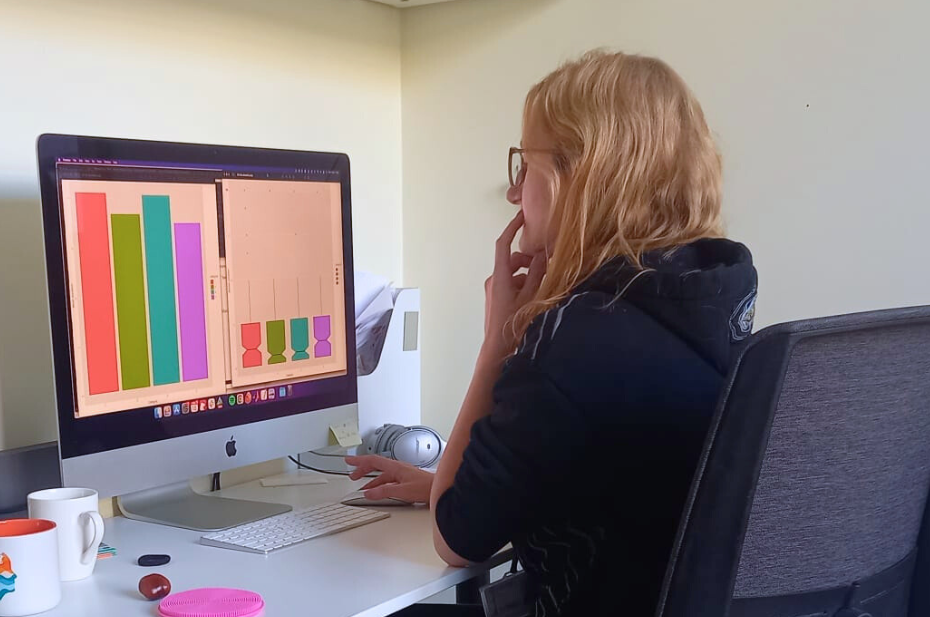You’ve probably heard that when it comes to making a positive impact on our planet, every little bit helps. Our study participants generously donated over 1,700 euros to the World Wildlife Fund (WWF), all while supporting our scientific endevour to understand how emotions impact climate action taking.
How emotions drive change
The goal of our study was simple, yet profound: to understand the relationship between our emotions and the actions we take to combat climate change. Can experiencing emotions related to climate change actually boost climate-friendly behaviors? In other words, do feelings have the power to drive action?
We believe that different emotions push us towards different climate friendly actions. For example, anger can make us motivated to join a protest, where we can scream out all our frustrations. On the other hand, learning about the suffering of people inflicted by climate change can make us inspired to help them, for example to donate the money to the victims.
Study design
We invited 1000 individuals to test our hypotheses. Our challange was to elicit the desired emotional state (anger, compassion, hope or neutral state). Then, their challange was to complete two tasks with real-life consequences.
To elicit emotions, we used experimental stimuli from Emotional Climate Change Stories (ECCS) database. These stories evoke specific emotions related to climate change. Some make you feel really angry, others make you brim with compassion, and then there are those that fill you with hope. Neutral studies were included too (so some people read boring stories about tying your shoelaces).
We used 2 tasks to measure climate action taking. First, we ask them to complete “Work for Environmental Protection Task,” (WEPT) where participants could do small, boring and effortful voluntary tasks to earn money to donate to WWF. Then, we asked participants if they’d be willing to additionally donate a part of their study remuneration, and if so, where they’d prefer to direct their donations.
My money don’t jiggle jiglle, it folds
Most participants not only donated part of their remuneration to a climate organization but also rolled up their sleeves to complete the WEPT. At the end of data collection, we counted all money donated and worked out by the participants and it turned out, that it summed up to 7600 PLN (around 1712 EURO)!
How much is it? This year, it costs around 80 EUR (1) to emit 1 tonne of CO2 in Europe (big companies have to buy such permits to emit greenhouse gasses), and average European citizen emmits 7.77 tonnes of CO2 per year (2). If we would take all this money, buy and destroy these permits, we would elimitate CO2 equivalent to 3 Europeans emmiting CO2 for a whole year.
However, we didn’t do exactly this (we will use this method in our future studies). Instead, we decided to donate all this money to an organization that knows, how to make the best use of it. WWF works tirelessly to safeguard endangered species and their habitats, aiming to ensure the long-term survival of our planet’s diverse ecosystems. Through research, advocacy, and on-the-ground conservation efforts, WWF addresses critical environmental challenges such as climate change, deforestation, and the protection of wildlife, striving to create a more sustainable and harmonious coexistence between humans and nature.
And what about the study results?
We are still conducting data analyses, but very soon we will be able to share the first insights form the study. So far it seems, that so emotions are better at driving climate action than others! Can you guess, which?
(1) https://www.statista.com/statistics/1322214/carbon-prices-european-union-emission-trading-scheme/
(2) https://www.statista.com/statistics/986460/co2-emissions-per-cap-eu/
